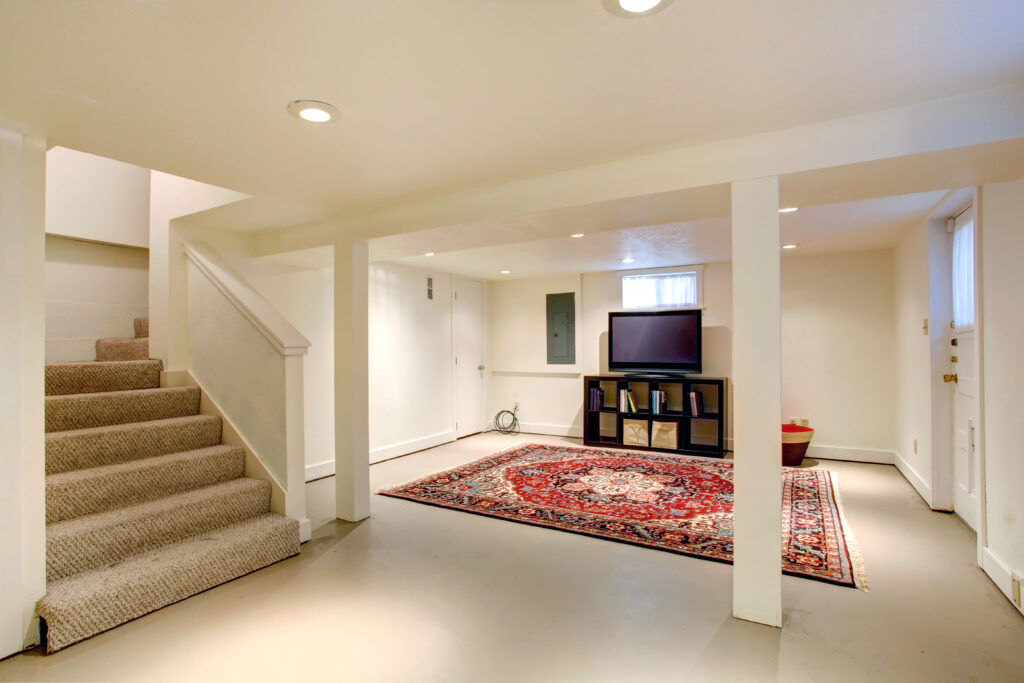Controlling the humidity in your home is vital for both comfort and the overall health of the house and your family. Whether you’re battling dry air or too much moisture, correcting the humidity levels in your home with a few easy steps is easy. Let’s dive into ideal humidity levels and how to start monitoring and controlling them in your home.
Controlling Humidity
Controlling humidity is essential for a secure and comfortable home. Overwet conditions can result in mold growth, decaying wood, and musty odors. High humidity is ideal for mold growth, which can harm your house and health by causing allergies and respiratory problems. Conversely, low humidity can damage wooden floors and furnishings, dry your skin, and make breathing more difficult.
Maintaining the proper humidity also contributes to energy savings. When the humidity is too high, your home may feel warmer, leading you to turn up the AC and increase expenses. However, with appropriate humidity control, you can lower your heating and cooling expenses while maintaining a comfortable home.
Assess & Monitor Humidity Levels
Before you can start controlling the humidity levels in your home, you need to find out what they are currently. Hygrometers are simple devices that measure the moisture content of the air, making monitoring easier. Aim for a relative humidity of 30% to 50% indoors. If you live in a humid climate, you must keep an eye on this to prevent problems like mold.
Look for moisture indicators in your attic, basement, and foundation. Look for musty smells, wet spots on the walls, and condensation on your windows. Identifying these problems can help you avoid later, more significant headaches.
How to Manage Humidity
Fixing existing issues and preventing new ones is critical to controlling humidity in your house. A dehumidifier can make all the difference if your humidity level is high. It draws excess moisture out of the air, increasing comfort and lowering the chance of mold growth. To help maintain equilibrium, make sure spaces like bathrooms and kitchens have adequate ventilation.
If your house feels excessively dry, especially in the winter, a humidifier can help. It adds moisture to the air, relieving dry skin and static electricity. To maintain good air quality, use a humidifier with appropriate ventilation.
Routine HVAC repair further aids humidity control. Have your heating and cooling systems serviced regularly for optimal performance and proper humidity maintenance. In addition, remember to regularly replace your air filters to prevent dust and other particles from entering the air.
Monitor the humidity level and perform regular maintenance with the appropriate equipment to ensure your house remains comfortable and healthy. Routine inspections and the proper tools can help you find the ideal balance and maintain your home in the best possible condition. Contact us for more information about our installation of residential dehumidification systems.


